Business in Tajikistan, Dushanbe. Tajik Economy

Privatization in Tajikistan. Tajik Foreign Trade. Mining. Silk Road
- Introduction to the Republic of Tajikistan (Central Asia)
- Tajik Economy
- Privatization Process in Tajikistan
- Business in Dushanbe
- Foreign Trade of Tajikistan
- Business Opportunities in Tajikistan:
- Energy
- Mining Industry
- Chemical industry
- Civil construction
- Construction materials manufacturing
- Light and food industry
- Agriculture and agricultural processing products
- Transport
- Tourism
- Investment in Tajikistan
- Case Study: Tajik Aluminum Company
- Access to the Tajik market
- Business Plan for Tajikistan
The purposes of the subject “Foreign Trade and Business in Tajikistan” are the following:
- To analyze the Tajik Economy and Foreign Trade
- To know the trade opportunities in Tajikistan
- To explore the Tajik trade relations with the country of the student
- To know the Tajik Trade Agreements
- To examine the profile of Tajik companies
- To develop a business plan for the Tajik market

The Subject “Foreign Trade and Business in Tajikistan” belongs to the following Online Programs taught by EENI Global Business School:
Masters: International Business, Foreign Trade.
Doctorate: Islamic Business, World Trade.
Languages:  (or
(or  Tajikistán
Tajikistán  Tadjikistan).
Tadjikistan).
- Credits of the subject “Doing Business in Tajikistan”: 1

- Duration: one week
Masters adapted to  Tajik Students.
Tajik Students.
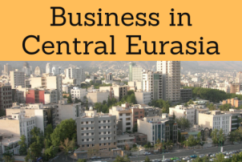
International Trade and Business in Tajikistan.
Tajikistan is one of the World's poorest countries.
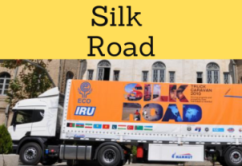
- Almaty-Bishkek Corridor
- Kyrgyzstan-Iran Corridor
- North-South Corridor (India-Russia)
- Silk Road
- Europe-Caucasus-Asia Corridor
- China-Central-West Asia Corridor
- Trans-Caspian Corridor
- Access to the:
- China-Pakistan Economic Corridor
- Islamabad-Istanbul Corridor
- India-Chabahar (Iran)-Afghanistan Economic Corridor
- International Transport and Transit Corridor of the Ashgabat Agreement (not a member)
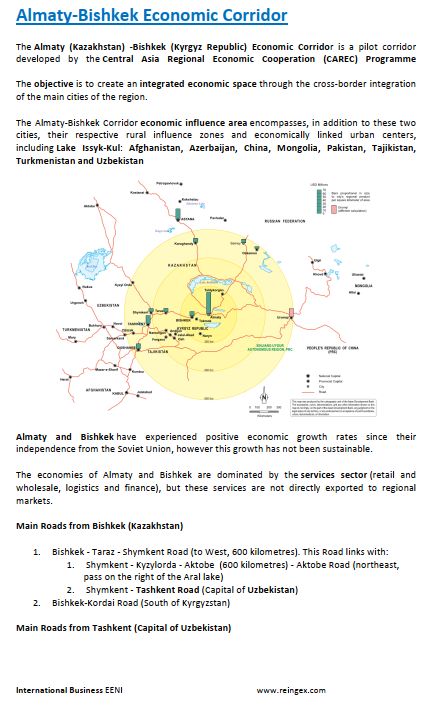

Tajik Preferential Access and Trade Agreements:
- Tajikistan and the Central Eurasian Economic Area
- Commonwealth of Independent States
- Economic Cooperation Organization (ECO)
- Shanghai Cooperation Organization
- Armenia-Tajikistan Agreement
- Trade Agreement with the Eurasian Economic Union
- Ukraine-Tajikistan Agreement
- Islamic Trade Preferential System
- Central Asia Cooperation (CAREC)

- WTO
- Agreement on Sanitary and Phytosanitary Measures
- GATS
- Agreement on Technical Barriers to Trade
- Agreement on Preshipment Inspection
- Agreement on Safeguards
- Trade Facilitation Agreement
- WCO
- BIC
- Chicago Convention (ICAO)
- IMO
- Convention for Safe Containers
- Istanbul Convention
- Customs Convention on Containers - not a member
- Convention Harmonization of Frontier Controls of Goods
- IRU
- TIR Convention
- Guidelines on Safe Load Securing for Road Transport
- Organization for Cooperation between Railways (OSJD)

- OIC
- Islamic Development Bank
- Tajikistan - Middle East (AMED)
Euro-Asian Organizations:
- ESCAP
- Asian Development Bank
- Asia Cooperation Dialogue
- Boao Forum for Asia
- European Investment Bank
- UNECE
- Africa-Asia Strategic NAASP

- UN
- ITC
- WIPO
- UNCTAD - Not-member
- WB
- WTO
- IMF
- WCO
The Republic of Tajikistan.
- Tajikistan shares borders with Uzbekistan, Kyrgyzstan, and Afghanistan
- Tajik Capital: Dushanbe
- The largest cities of Tajikistan are Khujand, Kulyab, Kurgan-Tube, and Khorog
- Official language of Tajikistan: Tajik (Persian language) and Russian
- Tajik Population: 7 million people
- The Tajik people represent 80% of the population
- Independence of Tajikistan: 1991 (URSS)
- Tajikistan is a Landlocked country
- Area of Tajikistan: 141,800 km².
- Tajikistan is the smallest country in Central Asia
- Mountains cover 93% of the territory of Tajikistan
The main religion of Tajikistan is Sunni Islam.

Tajikistan belongs to the Central Eurasian Economic Area (Islamic Civilization).
Tajik Economy.
- Strong economic reforms in Tajikistan
- Tajikistan is part of the Silk Road, the Asian Trade route
- Tajik Natural resources: precious metals (gold, silver), zinc, uranium, iron, manganese, and ore (400 mines)
- Huge hydro resources potential
- Tajikistan has the largest Asian coal reserves
- Legal guarantees for investors and investment protection
- Free economic zones
- Tajik GDP growth: 5%
- Tajik Currency: Somoni
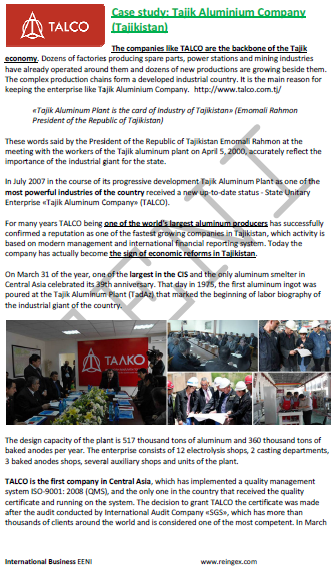
Global Trade and Business in Tajikistan:
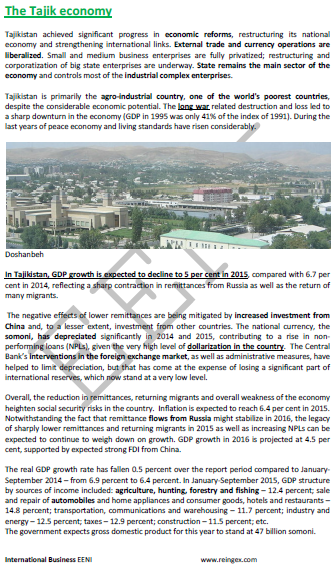

International Trade of Tajikistan.
- Main Tajik exports: aluminum (50% of the total exports), hydro-power, cotton, fruits, vegetable oil, and textile
- Largest export markets of Tajikistan: the Netherlands, Turkey, Iran, and Uzbekistan
- Main imports of Tajikistan: electricity, petroleum products, aluminum dioxide, cars, machinery, and food commodities
- Top Tajik import partners: Russia, China, Kazakhstan, Uzbekistan, Iran, and Turkey
- Main sectors receiving FDI: energy, civil construction, banking services, and communication sector
- The largest investors in Tajikistan are Russia, Kazakhstan, Cyprus, China, Canada, the U.S., and the UK
- Access to the Eurasian Land Transport Initiative
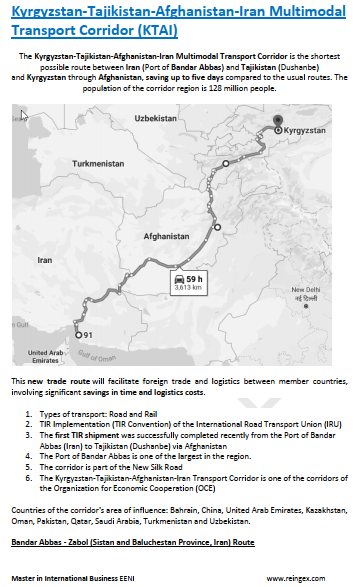
(c) EENI Global Business School (1995-2024)
We do not use cookies
Top of this page



